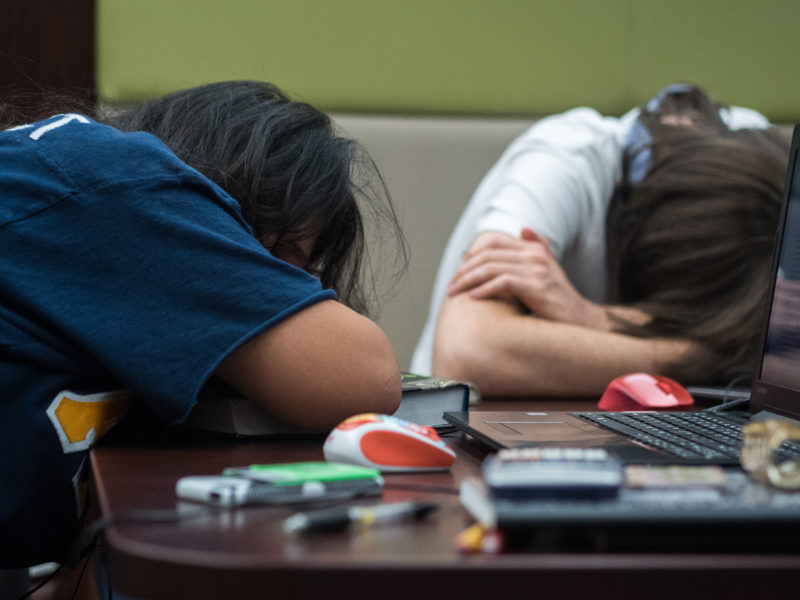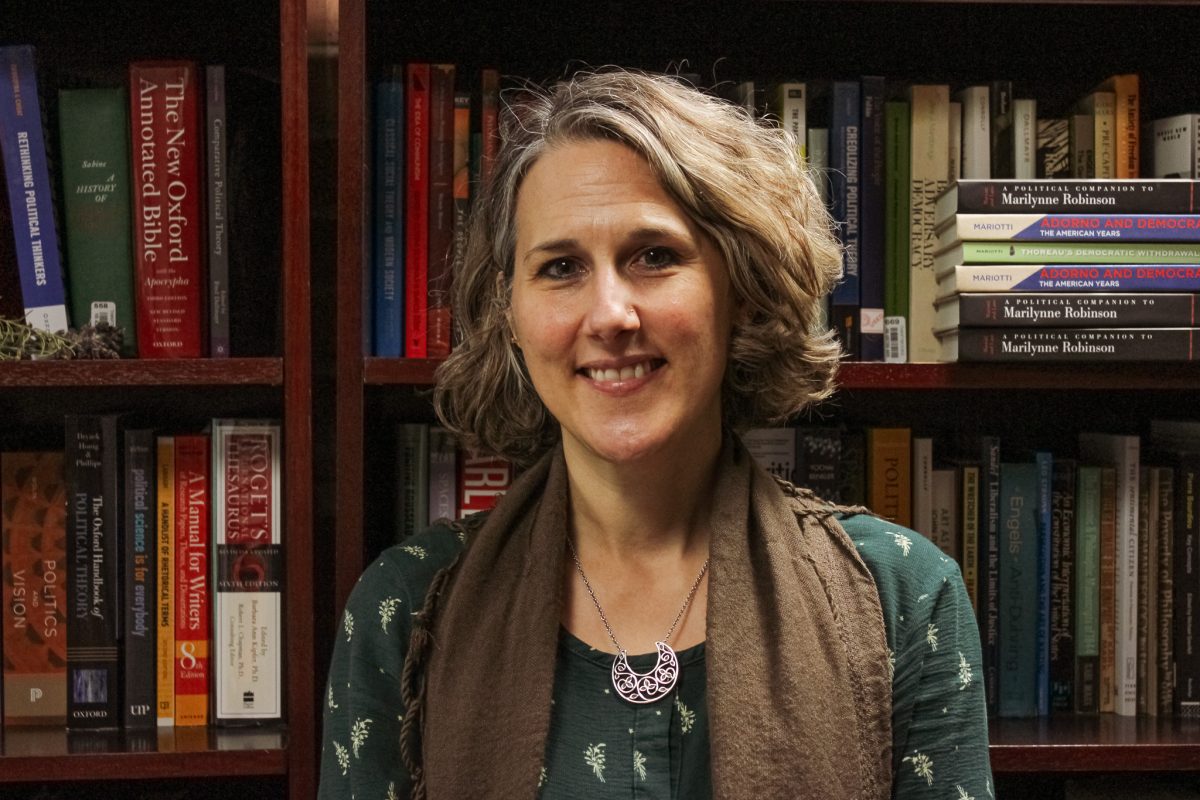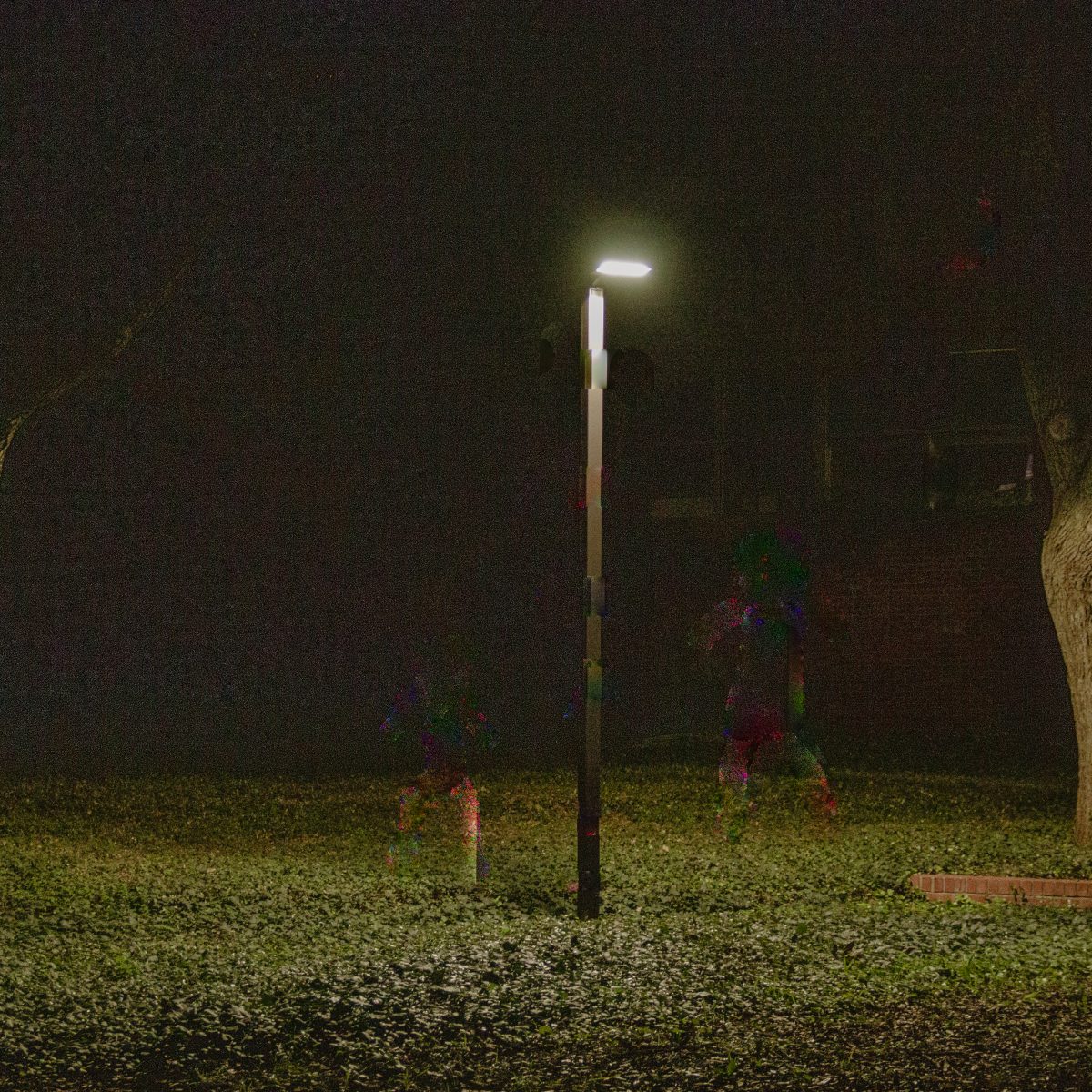Sleep can often be one of the last things on college students’ minds, even though most students know that they should be getting enough sleep if they want to succeed.
Jackie Bevilacqua, coordinator of health services, described the importance of getting enough sleep in college.
“Ideally, college students will get between seven and eight hours a night,” Bevilacqua said. “One of the reasons it’s really important for college students is sleep allows you to take the information you’ve been studying and file it away in a way that you can recall it later. Conversely, if you’re not getting enough sleep, you have more difficulty solving problems. Taking exams is going to be more difficult. You have difficulty recalling information. Adequate sleep helps reduce your stress. Sleep, along with many other things, helps your brain to work properly.”
Bevilacqua suggested reading a book rather than spending time with screens in the hour before bedtime.
“In this current age, where we all have a portable electronic device that’s permanently attached to us, me included, the light from those devices actually stimulates a part of your brain that causes you to be wakeful,” Bevilacqua said. “So, if you are using a computer or a tablet on normal mode where you get the bright light, it stimulates your brain and it’s going to make it harder for you to go to sleep. We recommend that you stop using that at least an hour before it’s time to be asleep.”
There are also certain things students can do to achieve better sleep at night.
“People sleep best under particular conditions: a cool room, a quiet room, a dark room “” I realize you’re living in a residence hall and all those things depend on the people you’re living with, but there are things that you can do,” Bevilacqua said. “You can use earplugs, you can use a sleep mask. Try to enlist the help of a roommate or whoever you’re living with to comply with that. Just because your roommate won’t cooperate doesn’t mean you can’t wear a sleep mask or use earplugs for quiet.”
Setting a regular time to go to sleep and wake up is important to restful sleep, and Bevilacqua emphasized that trying to stick to this schedule is important, even on the weekend.
“Generally, the most successful students are the ones that plan for a regular bedtime,” Bevilacqua said. “Try to keep that regular schedule. Your body gets used to that and your biorhythms will start working with that. You’ll find you’ll maybe be able to wake without an alarm. Taking a nap during the day is an okay thing to do as long as you keep it pretty short “” 20 or 30 minutes at the most.”
Trinity students also weighed in on the effects that they notice when they do or don’t get enough sleep.
“If I don’t get enough sleep, I usually won’t pay as much attention in class,” said Connie Laing, sophomore communication major. “After seven hours of sleep, I usually feel like I can make it until 5 p.m. the next day, and then I want to take a nap. But I also avoid naps.”
Sarah Gorban, sophomore neuroscience and psychology major, has been getting more sleep this year than she did as a first-year.
“This year I have been getting an average of seven hours of sleep, give or take an hour or so,” Gorban said. “However, last year, while I never did and do not intend to do an all-nighter, I know I did not get enough sleep. This was mainly due to my academic workload and study habits. If I did not finish studying as I wanted I would just get a couple hours of sleep [and] then wake up.”
“Sleep is very important in general, not only for mental, physical and emotional health, but also for normal biological processes,” Gorban said. “Sleep is of course important also in college, though it is often more difficult to get the recommended hours due to everyday stress, academics and general commitments. Adequate sleep often makes me feel more energized in and out of classes. I would say I am more attentive and focused with more sleep.”
Students with concerns about sleep should try to change their sleep conditions and avoid screens before going to bed.






